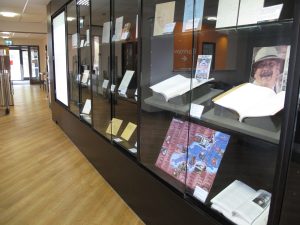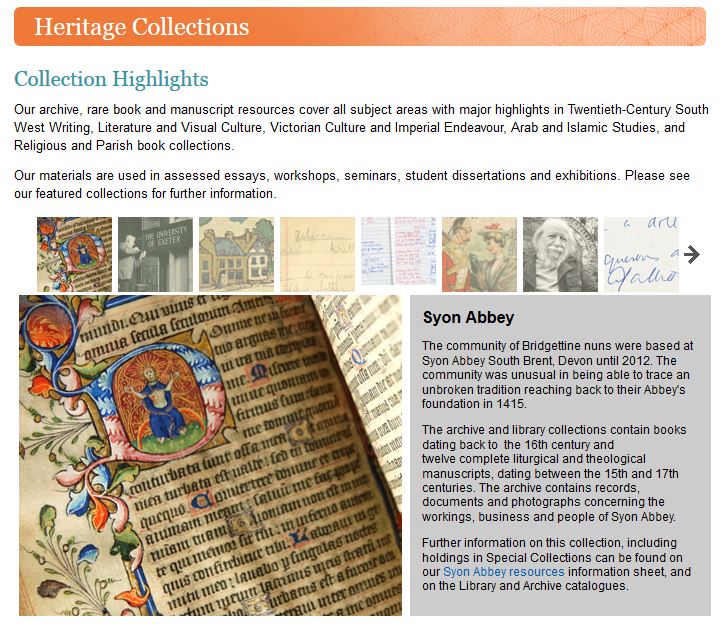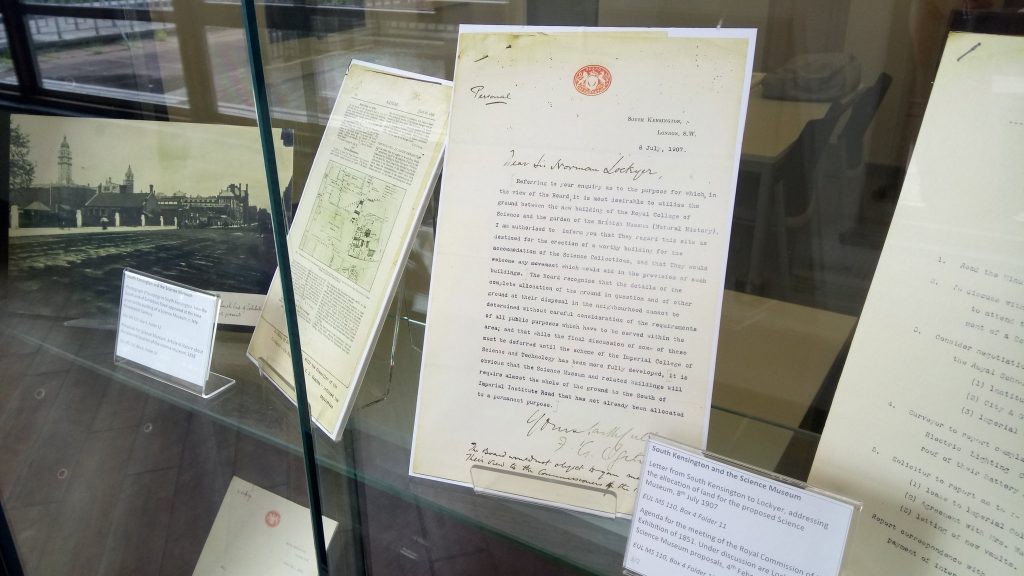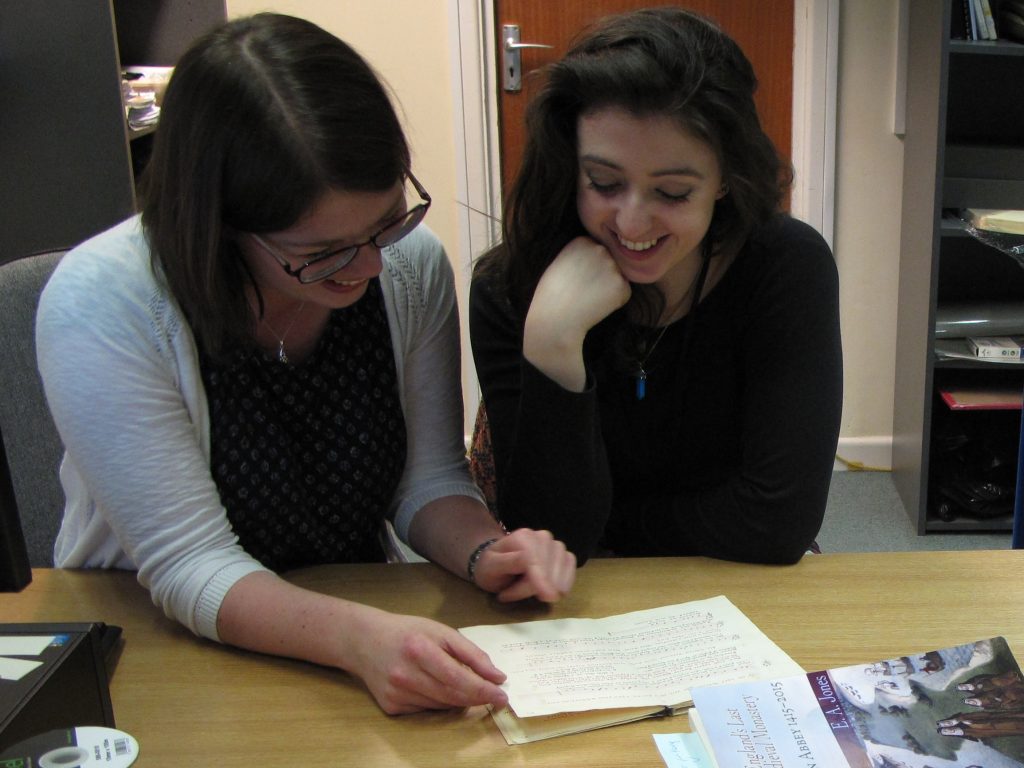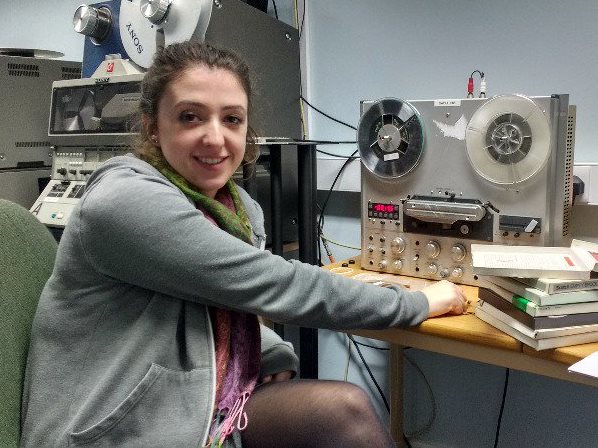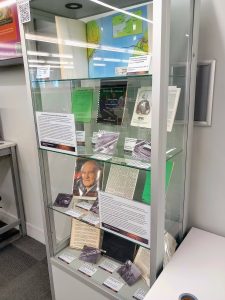 This year marks the 30th anniversary of the opening of the Channel Tunnel and Special Collections is pleased to announce a new exhibition relating to investigations and studies in the 1950s-1960s for a channel crossing. The display case is located on Level 1 of the Forum Library, near the entrance from the staircase. This exhibition has been created by Special Collections staff with the assistance of student volunteer Vanessa Wong and features items from the papers of the civil engineer Sir Harold Harding, including reports, publications, articles and photographs. The exhibition is open to everyone and is expected to remain on display until summer 2024.
This year marks the 30th anniversary of the opening of the Channel Tunnel and Special Collections is pleased to announce a new exhibition relating to investigations and studies in the 1950s-1960s for a channel crossing. The display case is located on Level 1 of the Forum Library, near the entrance from the staircase. This exhibition has been created by Special Collections staff with the assistance of student volunteer Vanessa Wong and features items from the papers of the civil engineer Sir Harold Harding, including reports, publications, articles and photographs. The exhibition is open to everyone and is expected to remain on display until summer 2024.
History of the Channel Tunnel
The tunnel, sometimes also referred to as the ‘Chunnel’ opened in May 1994, with the first freight train running in June and the first passenger service running in November 1994. It is the longest underwater rail tunnel in the world and is the only fixed link between the island of Great Britain and the European mainland.
A crossing between France and Great Britain was first proposed back in 1802. In the more than 150 years that followed, studies and plans for a crossing – including for a bridge, a railway tunnel, and combined rail and road tunnels – were regularly put forward, welcomed on both sides of the channel, but then abandoned due to disagreements.
In 1957, the Channel Tunnel Study Group was formed from English, French and American interest. Its purpose was to research the engineering and economic possibilities of a Channel Tunnel. The British civil engineer Sir Harold Harding was one of the key consultants to the Group. He and his French counterpart Rene Malcor led the investigations, which included boreholes on land, a geophysical survey, and pumping out and examining the experimental shaft at Sangatte in 1958, as well as an investigation of seabed conditions by Wimpey Central Laboratory in 1959. The Channel Tunnel Project was abandoned in 1975, but interest in a fixed cross channel link continued. The final deal was legally agreed in 1986, and the Channel Tunnel was officially opened in 1994.
Biography of Sir Harold Harding
Sir Harold John Boyer Harding was born in Wandsworth, London, on 06 January 1900. He qualified as a civil engineer and his early work concentrated on underground railway development in and around London, notably the reconstruction of Piccadilly Circus Station (1926-1929).
During the Second World War, he was responsible for defence works and emergency repairs to underground damage in London. From the late 1950s until 1978, he worked as a consultant and arbitrator, including to the Channel Tunnel Study Group (1958-1970), and he was a member of the Aberfan disaster tribunal (1966-1967).
Harding was an active fellow of the Institution of Civil Engineers, serving as president in 1963-1964. He was the founder chairman of the British Tunnelling Society (1971-1973). In 1981, his autobiography ‘Tunnelling History and my Own Involvement’ was published by Golder Associates. He died in Topsham, Devon, on 27 March 1986.
The Sir Harold Harding papers
The Sir Harold Harding papers are thought to have been originally donated to the University of Exeter’s Engineering department by Harding in c 1980, and they are now looked after by the University Library’s Special Collections. The collection of papers includes reports, documents, lantern slides, photographs, and prints relating to exploratory works mainly concerning the Channel Tunnel and Piccadilly Circus. The Sir Harold Harding papers are available for everyone to access – for research, enjoyment, or interest – in the Ronald Duncan (Special Collections) Reading Room in the Old Library. Find out more about visiting the Reading Room in our online guide.
For more information about the Sir Harold Harding papers, see our online archives catalogue at EUL MS 337 and EUL MS 337 add. 1.
